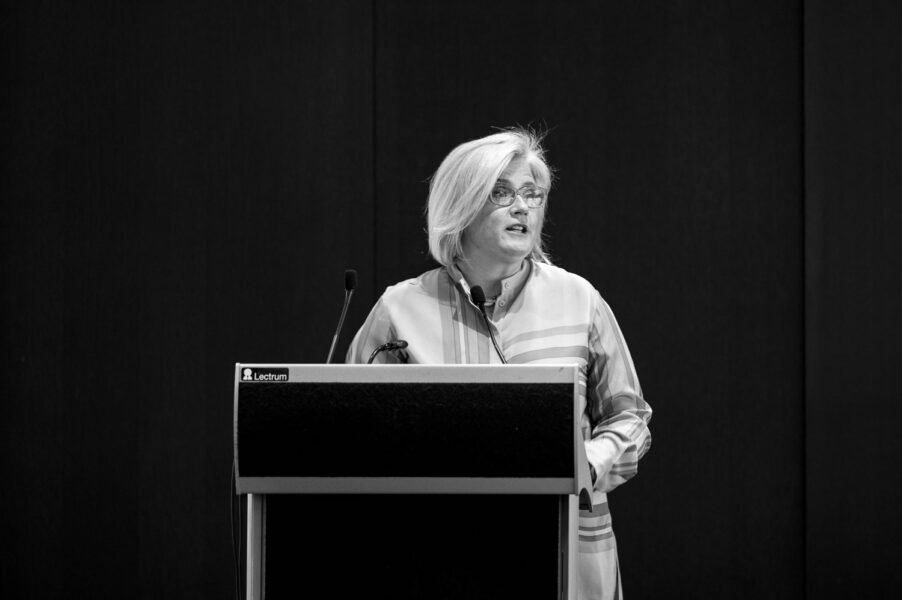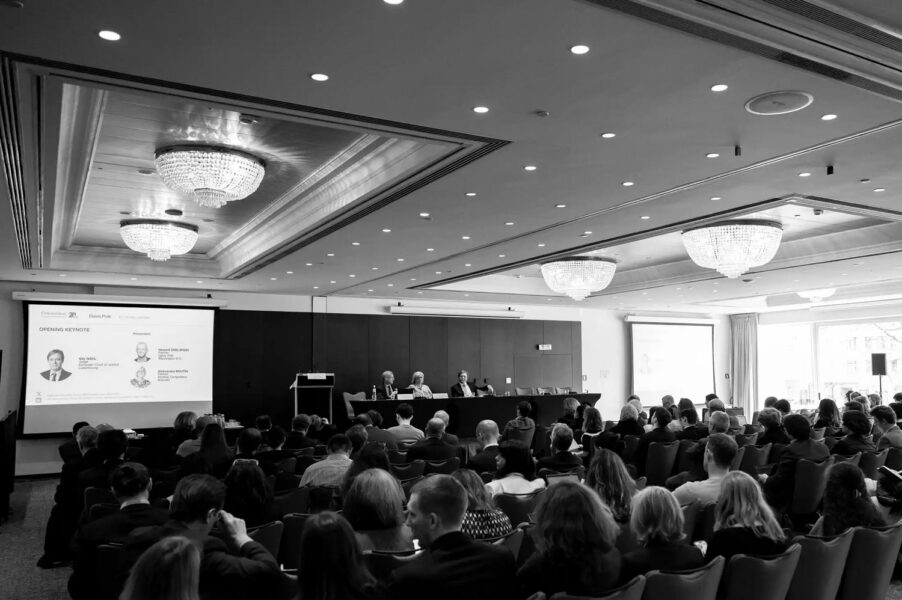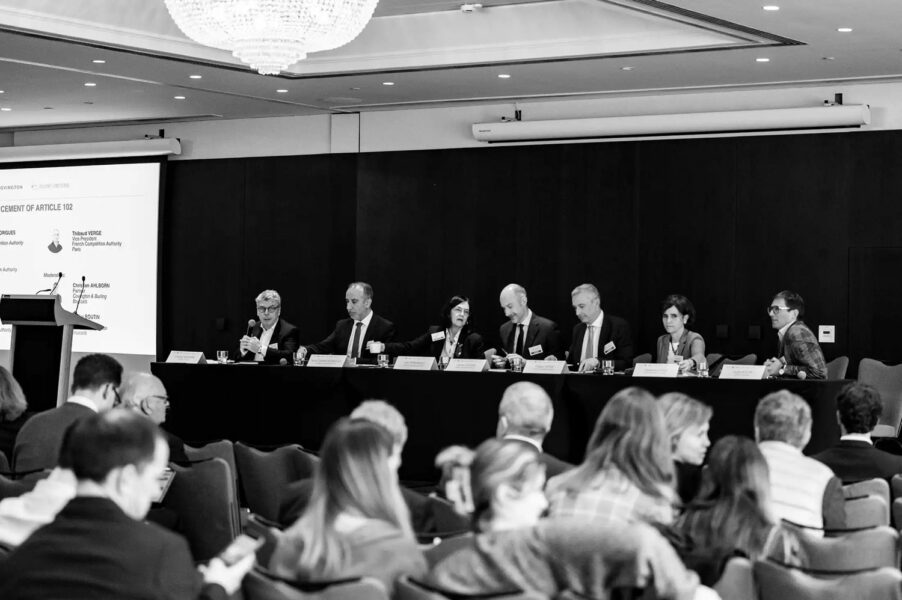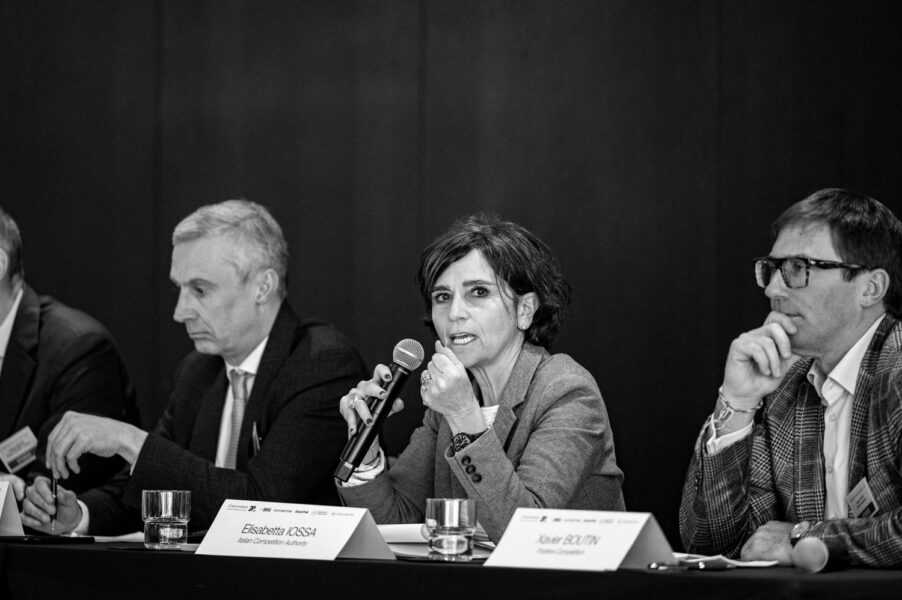News >
Article 102 Guidelines: Where are we heading?
Xavier and Christian Ahlborn (Partner, Covington & Burling, Brussels) moderated a panel on national enforcement featuring authorities of European national competition agencies: Nuno Cunha Rodrigues (President, Portuguese Competition Authority), Cani Fernandez (President, Spanish Competition Authority), Damien Gerard (Prosecutor General, Belgian Competition Authority), Elisabetta Iossa (Commissioner, Italian Competition Authority) and Thibaud Vergé (Vice President, French Competition Authority).
These are our key Positive Takeaways from the two panels:
Judge Wahl:
On as-efficient competitors:
- EU competition law aims to protect competition to the benefit of consumers, not competitors. In Intel, the Court clarified that it does not protect less efficient competitors as not all exclusionary effects are detrimental to competition.
- While the AEC test is relevant for pricing conducts, it is less clear for non-price, which may require a different type of evidence.
- The exclusion of a “not yet as efficient” competitor can be anti-competitive under certain theories, but this requires convincing evidence to work.
On by-object restrictions in Article 102 enforcement:
- The distinction between “by object” and “by effect” restrictions is necessary in 101. Clear cartel conduct is categorised as “object restrictions” due to its undeniable anti-competitive nature, whereas less clear cases require an analysis of the effects.
- Applying a similar categorisation to 102 would be challenging as it is difficult to identify practices that can be clearly categorised as “by object” restrictions under Article 102, that is, practices that 8 or 9 times out of 10 are clearly anticompetitive.
On the complexity of economics:
- The increasing complexity of economics in 102 is related to the increasingly complex reality of the industries scrutinised.
- Even if it’s complex, economics is what helps understand complex market dynamics and the consequences of complex business practices: if it is not economics, what else could the Commission look at?
Panel with National Competition Authorities:
- The panellists stressed the benefits of cooperating with other national regulators engaged in related matters as well as other competition authorities (both NCAs and the European Commission).
- The discussants agreed that economics is a relevant part of the assessment. It sheds light on the strategic interactions between firms and it does not convolute case assessment or increase the chances of losing cases before courts.
We thank all our co-organisers and the attendees for making the event a great success.







About Us
Manifesto
News
Team
Careers
Get in Touch
Privacy Notice
© Positive Competition - 2026
WebDesign : Peranovich Design
